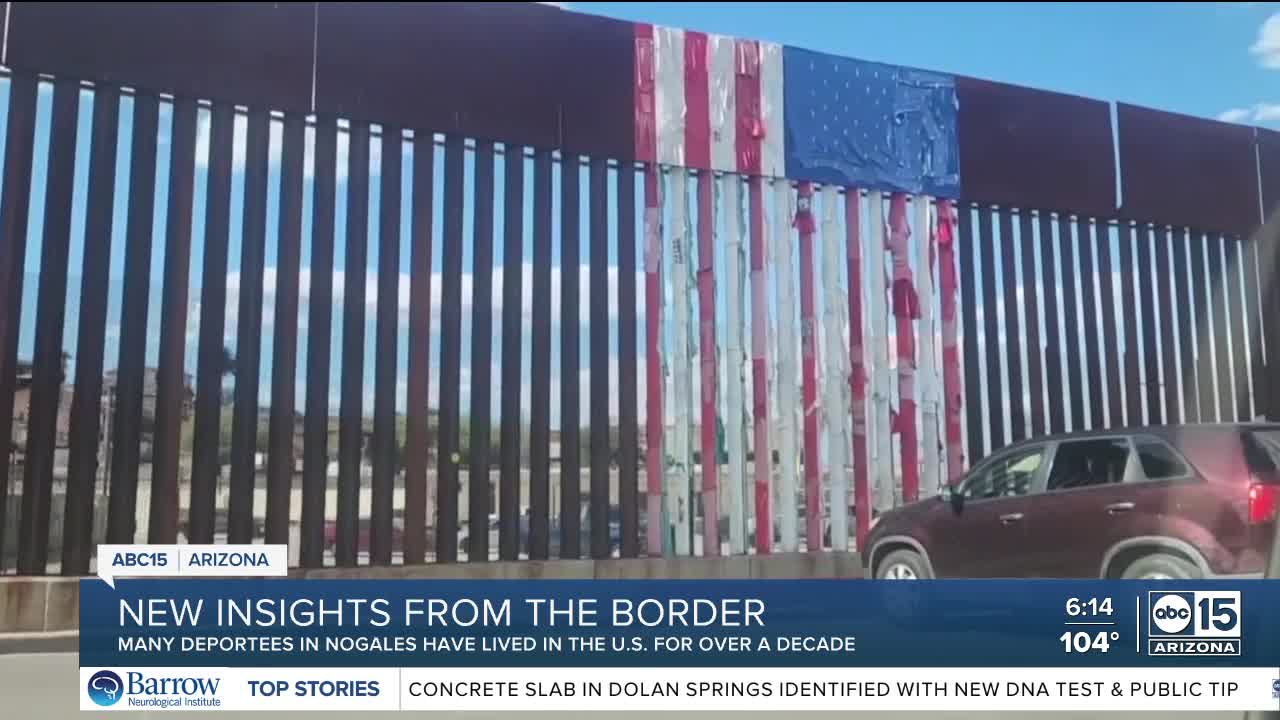PHOENIX — As the Trump administration ramps up its mass deportation efforts, a migrant shelter in Nogales, Mexico, has been surveying people after they have been removed from the United States.
The Kino Border Initiative shelter takes in deportees removed through Nogales, and also helps migrants as they wait to enter the U.S. legally.
They found that since May, most deportees had been living in Arizona, and nearly 40% were separated from family still in the U.S. They also found that almost half of all people deported had been living in the U.S. for ten or more years before their removal.
"It's heartbreaking what's happening. The system is broken," said Karina Morales, an immigration services provider in Phoenix.
Stacks of paper in Morales' office show all the cases she helps people with.
Priscilla arrived at the shelter after her husband was detained by Immigration and Customs Enforcement (ICE).
"My husband he has no criminal record, we just got married, I know he only has good intentions," she said.
ICE arrests have begun to surge. While ICE hasn't updated its official statistics since January, nonprofits that track immigration court records say more than 61,000 people are currently in federal detention in the U.S.
"If you have something pending, take the document with you at all times," Morales said.
Speaking at the White House this week, U.S. Border Czar Tom Homan said ICE focuses on public safety threats, but anyone in the country illegally is still subject to removal.
"It's not okay to be in this country illegally," Homan said. "If you want me to sit here and bless someone in the country illegally I'm not going to do that."
The Trump administration wants deportations to reach one million per year. Valley lawyers warn that anyone without permanent status needs a plan.
"If you want to stay in the United States, you have to get a case pending. If not, you have to make a very difficult choice on where to go from here," said Hillary Walsh, an immigration attorney with New Frontier Immigration.
Meanwhile, at the southern border, illegal crossings are down significantly since President Trump began his second term in office. In Arizona's Yuma and Tucson sectors, they're down by more than 90% from last year.






